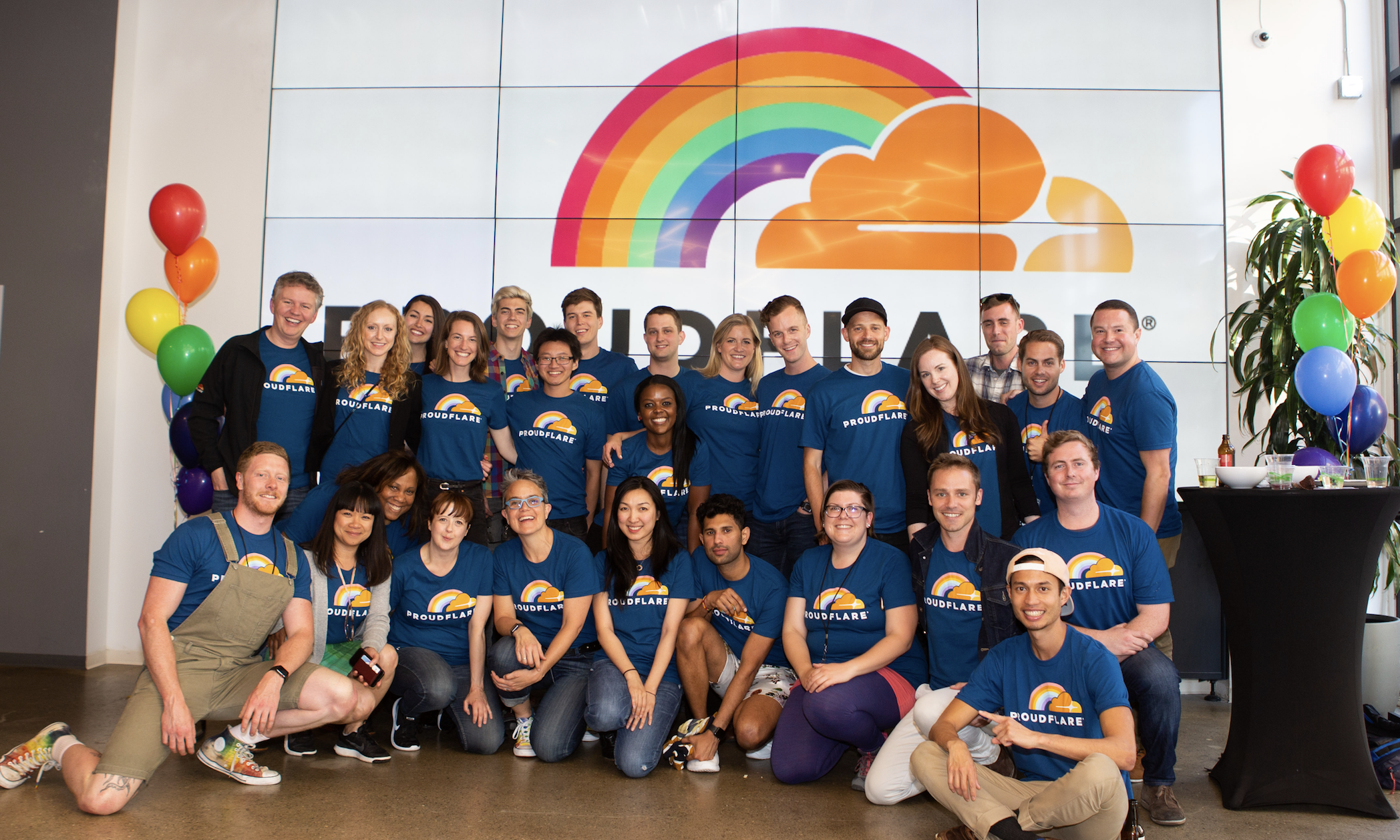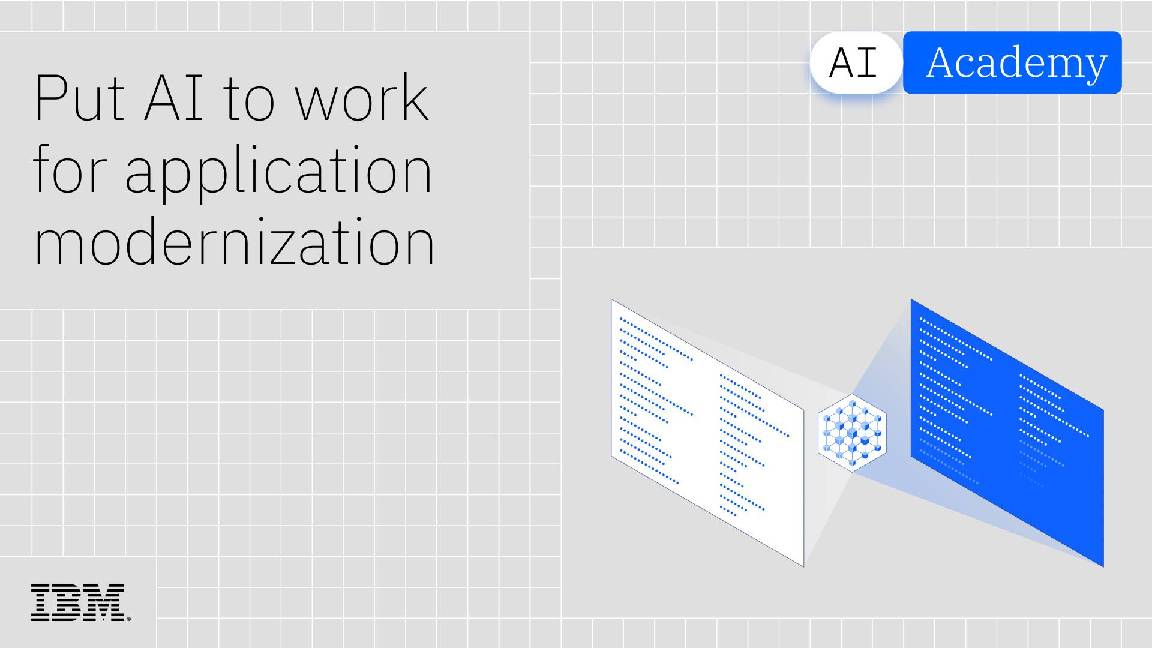The company-wide benefits of mentorship in tech
Those who achieve success often cite the importance of mentors. So how do firms champion mentorship in tech?


Sign up today and you will receive a free copy of our Future Focus 2025 report - the leading guidance on AI, cybersecurity and other IT challenges as per 700+ senior executives
You are now subscribed
Your newsletter sign-up was successful
Every leader has someone who has helped them at a pivotal point in their career – people who have taken on a mentorship role. Mentors provide both formal and informal support and can have particularly positive results for those from disadvantaged or minority backgrounds.

While the tech sector is similar to others in many aspects, the fact that its fast-changing nature requires tech workers to undergo continuous skills acquisition and refreshment means mentorship in tech can be especially important.
The value of mentorship in tech
Alan Vey, CEO and founder of blockchain company Aventus Network attributes his success directly to the mentorship he has had throughout his life, starting with his university professor. Vey tells ITPro that mentorship has an important role to play in the tech space when it comes to career development and listed six key areas where mentors can make a difference: “Technical guidance, career navigation, networking, soft skills like communication leadership and problem-solving, industry insights like current trends challenges and opportunities, and confidence building”.
Finding a mentor who can help shouldn’t be a matter of luck. For startups, a good mentor can be the difference between success and failure. This is something recognized by Techstars, a pre-seed investor where mentorship is crucial to the business model. Oko Davaasuren, senior director at Techstars tells ITPro, “We rely on a community of over 7,000 mentors to support our founders. They are the cornerstone of the founders' experience and their success.”
A mentor can play a significant role for those who want to develop their careers too. Davaasuren gives the example of a software developer trying to secure a better job.
“Mentors can provide support by sharing industry insights and trends that help them stay up-to-date in the constantly evolving tech space, facilitating networking opportunities, connecting developers to relevant contacts and potential employers, offering feedback and code reviews to enhance the developer's proficiency, and so much more.”
How mentoring supports the whole organization
People in underrepresented groups can find it difficult to forge the career path they want and here a mentor can come in particularly helpful. Davaasuren tells ITPro the advice they give to founders from underrepresented groups is, “Look for a mentor that understands and empathizes with the challenges you face as an underrepresented founder and is also capable of providing the information, skills, and resources needed to help you navigate the terrain.”
Sign up today and you will receive a free copy of our Future Focus 2025 report - the leading guidance on AI, cybersecurity and other IT challenges as per 700+ senior executives
Those mentors who have been through situations their mentees might face can speak from experience when it comes to offering advice on career strategies. For example, women starting out in tech could benefit from the advice of older female colleagues, amidst issues such as the tech sector gender gap, which could take nearly 300 years to close. They may also be well equipped to emphasize and support when it comes to knockbacks and disappointment.
Mentorship can be one part of an effective diversity and inclusion (D&I) strategy and should be recognized as a valuable part of any leadership toolbox. More diverse voices will always be a good thing for the sector and will be essential for helping to address the tech industry’s racial hiring bias, its shortcomings for neurodiverse workers, or the number of LGBTQ+ founders who fear being outed.
Dennis Woodside has been a close advisor to major founders and CEOs in the tech space, including Dropbox’s Drew Houston, Impossible Foods’ Pat Brown, and now Freshworks’ Girish Mathrubootham where he is overseeing global expansion as President. Dennis tells ITPro “I have always firmly believed that having a strong mentorship program is essential for the growth and development of my company and colleagues.”
There are many ways this manifests itself. As Woodside explains, “In my experience, a strong mentorship program helps to create a more collaborative and supportive workplace environment, which can lead to better business outcomes for the organization as a whole”.
“Mentorship programs can also provide a way for senior employees to transfer their knowledge and experience to the next generation of leaders within the organization,” he adds.
Davaasuren offers another perspective, telling ITPro that a strong mentorship program helps to create and maintain a supportive work environment for employees, one in which they feel valued and are motivated to grow in their roles.
“An organization implementing a mentorship program in the tech department can encourage experienced developers to mentor junior team members, leading to increased productivity and skill development. This not only strengthens the team's skills but also fosters a sense of unity, trust, and collaboration.”
The benefits of being a mentor in tech
While it’s clear there are significant benefits for mentees, mentors themselves can find mentorship programs highly rewarding. Davaasuren suggests that being a mentor can bring both personal and professional benefits.
“First and foremost for me, it provides an opportunity to make a meaningful impact on someone's life and career. Imagine the joy of seeing your mentee grow, succeed, and achieve their goals as a result of your guidance. This definitely brings a sense of fulfillment and personal satisfaction.”
Woodside suggests that learning isn’t all one way, telling ITPro that “You can often be exposed to fresh perspectives and new ideas from your mentee, which can lead to mutual learning and growth”.
And this learning and growth can be very valuable for the mentor. “Being a mentor can help develop leadership skills,” Vey tells ITPro.
RELATED RESOURCE

Discover how generative AI can streamline complex processes
“For example, a senior software engineer mentoring a junior developer may improve their ability to lead and manage a team, which can prepare them for a future managerial role,”
“Mentoring also involves explaining concepts, giving feedback, and listening - all of which can enhance the mentor's communication skills. For instance, a data scientist mentoring a junior colleague might become better at explaining complex statistical concepts in a clear and understandable way, which could also benefit their own presentations and team communications.”
Prospective mentors would be advised to get some training, and there are plenty of opportunities around. Their employer can support them in this, and it will help them understand the role, whether it is a good fit for them, and how to actually do it. They should also, Davaasuren emphasized, be mentored themselves on the actual processes of being a good mentor and be made aware that “support organizations and networks, such as professional associations or mentorship-focused groups, can also provide additional resources, mentorship training, and networking opportunities.”

Mentorship is not a simple one-way transfer of information, skills, and knowledge, but a more positive feedback loop in which there are benefits throughout – for the mentee, the mentor, and the wider organization. Tech organizations are often said to be built on the skills and abilities of their people. A strong culture of mentorship can really put that into practice.

Sandra Vogel is a freelance journalist with decades of experience in long-form and explainer content, research papers, case studies, white papers, blogs, books, and hardware reviews. She has contributed to ZDNet, national newspapers and many of the best known technology web sites.
At ITPro, Sandra has contributed articles on artificial intelligence (AI), measures that can be taken to cope with inflation, the telecoms industry, risk management, and C-suite strategies. In the past, Sandra also contributed handset reviews for ITPro and has written for the brand for more than 13 years in total.
-
 Mistral CEO Arthur Mensch thinks 50% of SaaS solutions could be supplanted by AI
Mistral CEO Arthur Mensch thinks 50% of SaaS solutions could be supplanted by AINews Mensch’s comments come amidst rising concerns about the impact of AI on traditional software
-
 Westcon-Comstor and UiPath forge closer ties in EU growth drive
Westcon-Comstor and UiPath forge closer ties in EU growth driveNews The duo have announced a new pan-European distribution deal to drive services-led AI automation growth